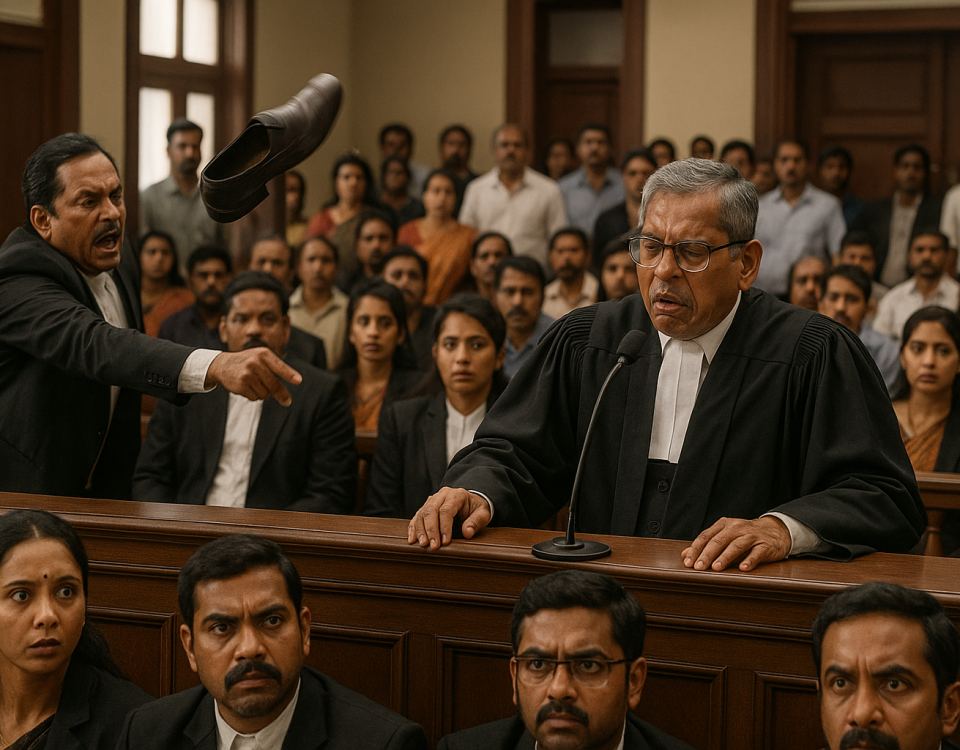
Shaktikanta Das Appointed as Principal Secretary to PM Modi, Strengthening Economic Focus
New Delhi, February 22, 2025 – In a major decision, the Indian government has appointed former Reserve Bank of India (RBI) Governor Shaktikanta Das as Principal Secretary-2 to Prime Minister Narendra Modi. This move is significant as it marks the first time two principal secretaries will serve at the same time, with P.K. Mishra continuing in his role despite his age. Das’s appointment highlights the government’s focus on economic policy and financial governance.
According to government sources, Mishra had earlier expressed his desire to step down at the start of Modi’s third term, but the Prime Minister requested him to stay. Das’s inclusion in the Prime Minister’s Office (PMO) signals that economic policymaking will be a top priority for the administration.
A Career Focused on Economic Reforms
Das, a 1980-batch Indian Administrative Service (IAS) officer from the Tamil Nadu cadre, completed his extended tenure as the 25th RBI Governor in December 2024. Before that, he served as Finance Secretary and was a key member of the 15th Finance Commission, playing a crucial role in shaping India’s economic policies.
During his tenure as Finance Secretary, Das oversaw the implementation of major economic reforms such as demonetization and the Goods and Services Tax (GST). His handling of these critical financial policies earned him the trust of the government and led to his appointment as RBI Governor after Urjit Patel’s resignation. Das went on to serve as RBI Governor for six years, making him the second-longest-serving chief in the central bank’s history.
“His appointment as RBI Governor came at a time when relations between the government and the central bank were tense. He helped restore stability and ensured a smooth working relationship,” said a former finance secretary.
Balancing Policy Decisions
Das played a key role in managing policy differences between the RBI and the Finance Ministry, particularly during the tenures of Raghuram Rajan and Urjit Patel, both of whom had frequent disagreements with the government.
“As Finance Secretary, he often acted as a bridge between the RBI and the government, ensuring smooth execution of policies,” said a senior bureaucrat. “His ability to implement decisions without unnecessary conflicts made him an essential figure in economic governance.”
Das worked closely with finance ministers such as P. Chidambaram, Pranab Mukherjee, and Arun Jaitley, contributing to at least eight Union budgets. He also played a key role in drafting the Insolvency & Bankruptcy Code and shaping the Fugitive Economic Offenders Bill.
A Strong Legacy at the RBI
When Das took charge as RBI Governor in 2018, India was facing economic challenges, including a slowdown in growth and strained relations between the central bank and the government. His tenure helped stabilize monetary policy, strengthen banking regulations, and guide India’s financial sector through the COVID-19 pandemic.
“His role in handling demonetization was initially criticized, but he later proved himself as a strong central bank chief,” recalled a retired finance secretary. “By the time he left, he had built a remarkable legacy.”
Under Das’s leadership, India maintained a GDP growth rate of over seven percent and managed inflation better than many other global economies, despite post-pandemic challenges. His efforts earned him the ‘Best Central Banker of the Year’ award in 2023.
Strengthening Modi’s Third Term with Economic Focus
As Principal Secretary-2 to the Prime Minister, Das is expected to play a key role in shaping economic governance and financial policies. His deep expertise in economic affairs and his ability to coordinate between policymakers and financial institutions will be crucial in driving the government’s vision for long-term economic growth.
His appointment signals a renewed push for economic reforms and policy stability, ensuring that financial governance remains a top priority for the Modi administration in its third term.
***





